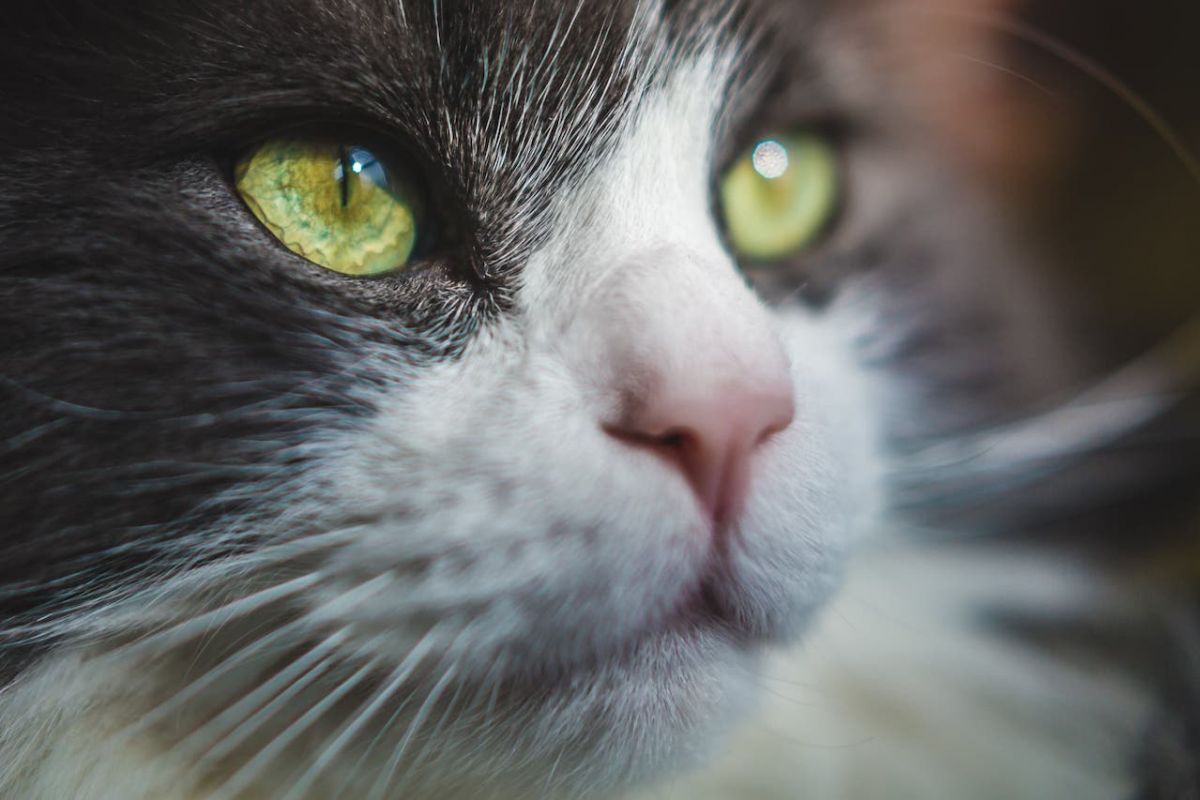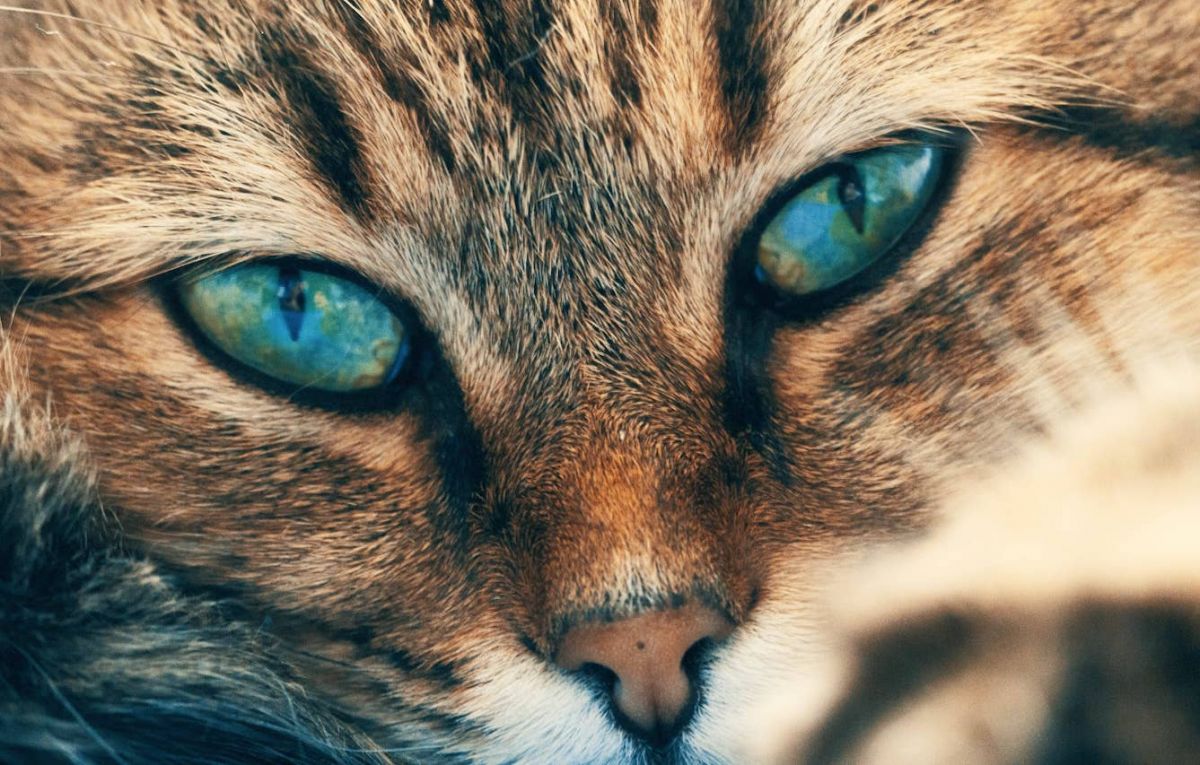Edible Fruits for Cats & its Benefits that Feline Guardians Should Learn
 July 1, 2023
July 1, 2023
Every cat owner dotes on their feline companions and wants to provide them with the best diet. While we typically feed cats with commercially packed foods, it is also beneficial to intersperse their diet with some fruits. While not all fruits are safe for feline consumption, there are some that offer excellent health benefits to cats. Here’s a rundown of eight edible fruits for cats and their respective benefits.
 Bananas: As a rich source of potassium, bananas support your cat’s neurological health and also reduce their risk of stroke. However, they should be given in moderation due to high sugar content.
Bananas: As a rich source of potassium, bananas support your cat’s neurological health and also reduce their risk of stroke. However, they should be given in moderation due to high sugar content.
 Blueberries: Antioxidant-rich blueberries are known to boost the immune system and prevent urinary tract infections in cats. Additionally, they promote heart health and slow down the aging process. Feeding a few blueberries as an occasional treat can be a delightful addition to a cat’s diet.
Blueberries: Antioxidant-rich blueberries are known to boost the immune system and prevent urinary tract infections in cats. Additionally, they promote heart health and slow down the aging process. Feeding a few blueberries as an occasional treat can be a delightful addition to a cat’s diet.
 Watermelon: Watermelon is a hydrating fruit containing essential vitamins such as A and C. Its high water content can help keep cats hydrated, especially during hot summer days. However, it is crucial to remove the seeds and rind before offering watermelon to cats to prevent choking or digestive issues.
Watermelon: Watermelon is a hydrating fruit containing essential vitamins such as A and C. Its high water content can help keep cats hydrated, especially during hot summer days. However, it is crucial to remove the seeds and rind before offering watermelon to cats to prevent choking or digestive issues.
 Cantaloupe: Cantaloupe is another hydrating fruit that is safe for cats when fed in moderation. It is a good source of vitamins A and C, as well as fiber. The sweet flavor of cantaloupe can be enjoyed as an occasional treat, but it should be offered in small, bite-sized pieces to avoid any potential digestive discomfort.
Cantaloupe: Cantaloupe is another hydrating fruit that is safe for cats when fed in moderation. It is a good source of vitamins A and C, as well as fiber. The sweet flavor of cantaloupe can be enjoyed as an occasional treat, but it should be offered in small, bite-sized pieces to avoid any potential digestive discomfort.
 Apples: Apples can be introduced to a cat’s diet as a source of vitamins and fiber. They are a good source of vitamin C and antioxidants, which can boost the immune system and help reduce the risk of certain diseases. However, it’s crucial to remove the seeds and core, as they contain cyanide, which is toxic to cats.
Apples: Apples can be introduced to a cat’s diet as a source of vitamins and fiber. They are a good source of vitamin C and antioxidants, which can boost the immune system and help reduce the risk of certain diseases. However, it’s crucial to remove the seeds and core, as they contain cyanide, which is toxic to cats.
 Pineapple: Pineapple is another fruit that can be fed to cats in small amounts. It contains bromelain, an enzyme that aids in digestion. The naturally sweet taste of pineapple can be enjoyed by cats occasionally, but it is important to remove the skin and core before offering it to them.
Pineapple: Pineapple is another fruit that can be fed to cats in small amounts. It contains bromelain, an enzyme that aids in digestion. The naturally sweet taste of pineapple can be enjoyed by cats occasionally, but it is important to remove the skin and core before offering it to them.
 Strawberries: Strawberries are rich in antioxidants and vitamin C, making them a nutritious fruit for cats. However, it is essential to remember that cats have a different metabolism than humans, so strawberries should be given as a treat, not as a significant part of their diet. Moderation is key to preventing any upset stomach or potential allergic reactions.
Strawberries: Strawberries are rich in antioxidants and vitamin C, making them a nutritious fruit for cats. However, it is essential to remember that cats have a different metabolism than humans, so strawberries should be given as a treat, not as a significant part of their diet. Moderation is key to preventing any upset stomach or potential allergic reactions.
 Mango: Mangoes are tasty fruits that contain vitamins A, C, and E, as well as dietary fiber. These nutrients can support a cat’s immune system and promote healthy fur and skin. Like other fruits, mango should be offered in small portions, and the skin and pit should be removed to avoid any potential digestive issues or choking hazards.
Mango: Mangoes are tasty fruits that contain vitamins A, C, and E, as well as dietary fiber. These nutrients can support a cat’s immune system and promote healthy fur and skin. Like other fruits, mango should be offered in small portions, and the skin and pit should be removed to avoid any potential digestive issues or choking hazards.

Final Thoughts
It’s essential to remember that fruits should be given to cats only as occasional treats. Their primary diet should still consist of proteins from meat as fruits cannot provide essential nutrients like taurine which cats need for proper health and are unable to produce themselves. Also, remember to introduce fruits slow and steady to monitor any adverse reactions.
Help your cat to remarkable health advantages by combining conventional cat food with these nutritive fruits. After all, a healthy cat equals a happy cat and a happier cat owner. Stay informed and vigilant about your cat’s nutritional needs and you’ll be on the right path to creating a balanced and beneficial diet for your feline companion.

An Authoritative Glimpse into the World’s Top Ten Most Popular Categories of Pets


Why Do Cats Squirm Before Pouncing


True Heartwarming Stories: The Unbreakable Bond Between Animals and Humans


Pets’ Interesting News and Anecdotes


Owning a Pet May Help Maintain Mental Health When We’re Over 65


Pet IQ Test: Explore Your Pet's Intelligence and Potential


Pet Insurance: A Must for Comprehensive Pet Protection


Instruction to PetSmart















